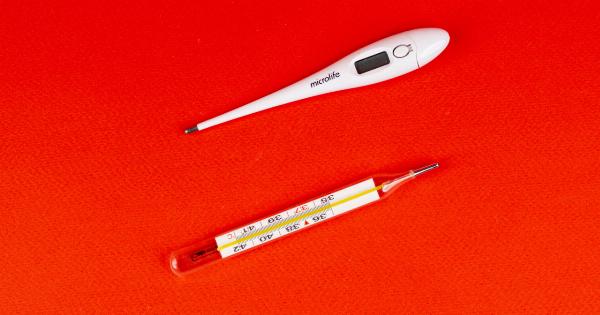Sitting is part of everyday routine for many men. Whether it’s working at a desk job, commuting, or watching TV in the evenings, the average man can spend up to 10-12 hours a day sitting down.
However, prolonged sitting has been linked to a number of negative health outcomes for men.
Increased Risk of Heart Disease
Men who spend more than six hours a day sitting are at a higher risk of developing heart disease. Research has shown that sitting for prolonged periods of time can lead to clogged arteries, high blood pressure, and high cholesterol levels.
These conditions increase a man’s risk of heart disease and stroke.
Back and Neck Pain
Sitting for long periods of time puts pressure on the back and neck muscles, leading to aches and pains. This is particularly true for men who have poor posture, which is common when sitting at a desk or in a car for extended periods.
Back and neck pain can be debilitating and negatively impact a man’s quality of life.
Weight Gain and Obesity
Men who sit for prolonged periods of time are at risk of gaining weight and becoming obese. This is because sitting reduces the number of calories burned, and can contribute to a slower metabolism.
Over time, this can lead to weight gain and obesity, which in turn increases a man’s risk of developing a number of other health conditions, such as type 2 diabetes and certain types of cancer.
Poor Circulation
Sitting for long periods of time can cause blood to pool in the legs, leading to poor circulation. This can cause swelling, varicose veins, and even blood clots.
In severe cases, blood clots can travel to the lungs, causing a pulmonary embolism, which can be life-threatening.
Poor Digestion
Sitting for extended periods of time can also negatively impact digestion. This is because sitting compresses the digestive organs, making it harder for food to move through the system. This can lead to constipation, bloating, and other digestive issues.
Increased Risk of Cancer
Prolonged sitting has been linked to an increased risk of certain types of cancer in men, particularly colon, lung, and endometrial cancer.
The exact mechanism for this is not fully understood, but it is believed that prolonged sitting can lead to inflammation and metabolic changes that contribute to cancer development.
Poor Sleep
Sitting all day can negatively impact a man’s sleep quality. This is because the body needs movement and activity during the day in order to promote restful sleep at night.
Men who sit all day are more likely to have trouble falling asleep, staying asleep, and getting enough sleep overall.
Mental Health Issues
Prolonged sitting has also been linked to a number of mental health issues in men, including depression, anxiety, and cognitive decline.
This may be due in part to the fact that sitting for long periods of time reduces blood flow to the brain, making it harder for the brain to function optimally.
Reduced Life Expectancy
Studies have shown that men who sit for prolonged periods of time have a higher risk of premature death. This is because sitting has been linked to a number of serious health conditions, such as heart disease, cancer, and type 2 diabetes.
Research suggests that even small amounts of movement throughout the day can help reduce this risk.
How to Reduce the Negative Health Impacts of Sitting
Fortunately, there are things men can do to reduce the negative health impacts of sitting. These include:.
- Taking breaks every 30 minutes to walk around and stretch
- Using a standing desk or adjustable desk so that sitting time is reduced
- Incorporating physical activity into daily routine, such as walking, biking, or swimming
- Maintaining good posture while sitting, and using ergonomic chairs and supports
- Limiting time spent watching TV or playing video games, which involve prolonged sitting
Conclusion
Prolonged sitting is a serious health concern for men. It has been linked to a number of negative health outcomes, including heart disease, obesity, poor circulation, and reduced life expectancy.
However, by making small changes to daily routine and incorporating more physical activity into daily life, men can help reduce the negative impacts of sitting and improve their overall health and wellbeing.





























